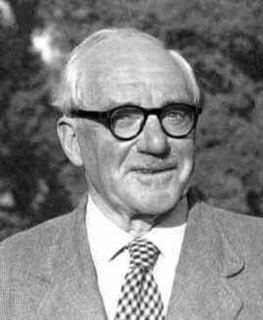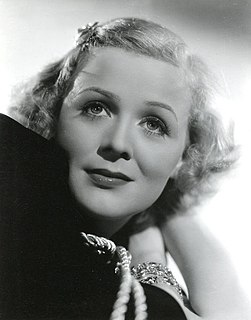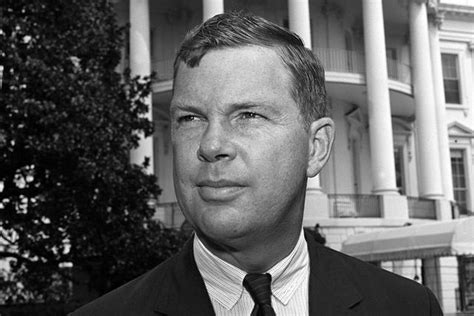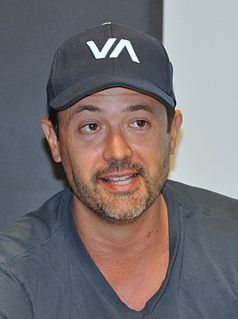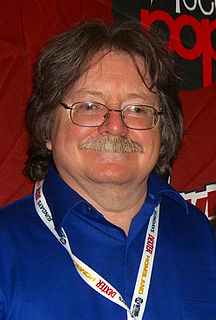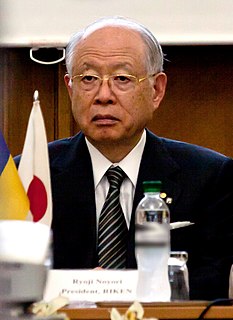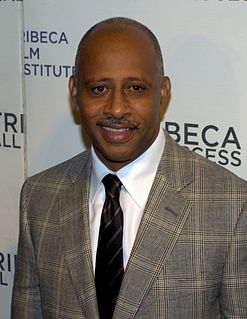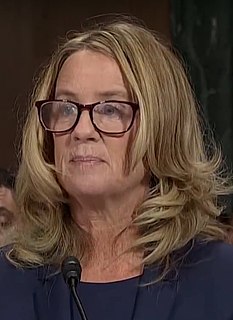A Quote by John Edensor Littlewood
The referee said it was not acceptable, but the Press considered they could not refuse to publish a book by a professor of the university.
Quote Topics
Related Quotes
When I was at the University of California at Berkeley, I went to some classes that must have had more than four hundred students in them. I almost always sat in the far back of the auditorium so I could read the newspaper. I remember that I stayed late one day to ask the professor a question, and when I got up to him, all I could think to myself was, 'So this is what the professor looks like.
My father was a university professor and his thing was tenure. Any time I hear a university professor say tenure, I hear the word dinosaur. You're not supposed to be getting tenure. You're supposed to be figuring out how you can teach more students at a better price and more effectively. That's your job.
After all, if you believe that no one was ever corrupted by a book, you also have to believe that no one was ever improved by a book (or a play or a movie). You have to believe, in other words, that all art is morally trivial and that, consequently, all education is morally irrelevant. No one, not even a university professor, really believes that.
